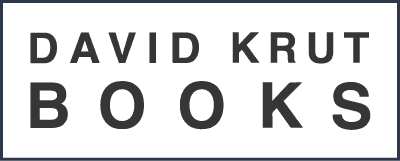Event | Once Removed Panel Discussion
With the year drawing to a close, David Krut Books was given the opportunity to host one last event for 2024. We were extremely excited have art writer David Mann join us, along with fellow art writers Bárbara Rousseaux and Christa Dee, for a fascinating discussion. Using David Mann’s short story collection Once Removed as a prompt, the three writers discussed the relationship between art, fiction, and contemporary criticism.
The three writers came to the Blue House on Saturday the 16th of November, a beautiful, sunny day, despite our phones’ dire claims of all-day thunderstorms. With them, we welcomed a number of people keen to learn more about the slightly unknown world of art writing and art criticism.
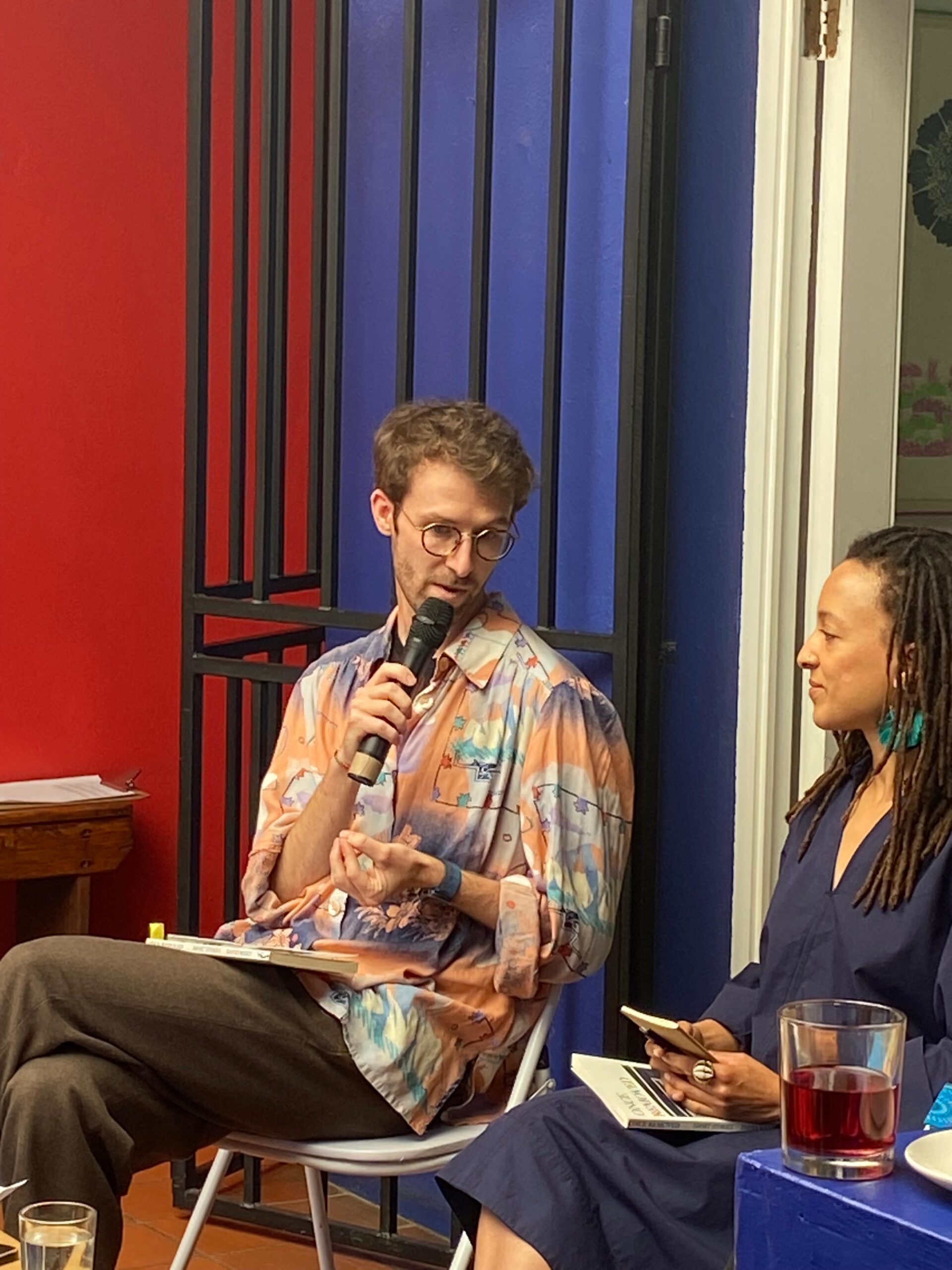
David began the conversation with an excerpt from one of his short story Resistance.
“So, you’re, like, a critic, right? See anything you like?” “I am, and it doesn’t really work like that.”
Having finished reading this aloud, he posed a question to his fellow speakers: “Do you refer to yourself as a writer or a journalist or a critic?”
Christa took up the mic first, recounting how she had just asked herself that morning “Umm, am I a critic?” She went on to confess that the term “critic” seems too heavy for what she does, echoing David’s own thought that ’critic’ is too loaded; it is a term which implies that something is either good or not. And in truth, art is far more complicated than that. The term “art writer”, however, fits the job better. To Christa, a writer is someone who gives voice to an art practice, and to what an artist is doing. An art writer documents an artist’s work for the future. For Christa, calling herself a critic feels like distancing herself from the art, abandoning the intimacy that she was given access to as a writer.
Bárbara agreed with Christa about the term “art writer,” as she too, felt that the term is ill-fitting. She regards the term as quite old fashioned, implying a position of power to determine an artwork’s value. For her, writing about art involves thinking alongside the artist. She stated: “I want to think alongside an artist. I want to speak with them.” Writing about art is almost a conversation between the writer and the artist, and the term “critic” does not allow for that understanding. And a writer, such as herself, can be very selective about what they write about, which means that she only really writes about work that excites her.
For David, writing is an absorbing process, and at times he needs to take a step back from it. He needs that critical distance. This need to remove himself from being so closely engaged with the writing is in fact the origin of his collection’s name, Once Removed. Despite having a decade or so of art writing under his belt, David has only recently begun to call himself a critic. This shift in title has come from a recent understanding that a critic does not necessarily critique, but rather has a critical understanding, an analytical understanding, one which comes from a place of love or deep, deep admiration.
Later, towards the end of the event, when the floor was opened to the audience to ask questions or add their own contributions, Botsotso’s Alan Kolski Horwitz took up the mic. He argued that, with this country’s history as a colony of Britain, South Africans should be embracing the word ‘critic’, but also using it to find our own value system. He believes that writers like David, Christa and Bárbara should be accepting the term.
The conversation continued in that fashion, with David reading an extract from his book, posing a question, and then the three panel members responding to it, as well as to the things that each other was saying. It was fascinating to see the three in conversation, expressing opinions that were both similar and different. They spoke on a number of topics, from their feelings around the word ‘critic’to the question of why they write. They spoke about writing for institutions and writing outside of institutions, and on reading for work and for pleasure. They mused on the importance of working with other art writers to improve their own writing and what they have in their ‘toolboxes’ to get over writer’s block.
We would love to thank David, Christa and Bárbara for lending us their time, and we would also love to thank everyone who joined us for the event. It was a delightful way to close off 2024.
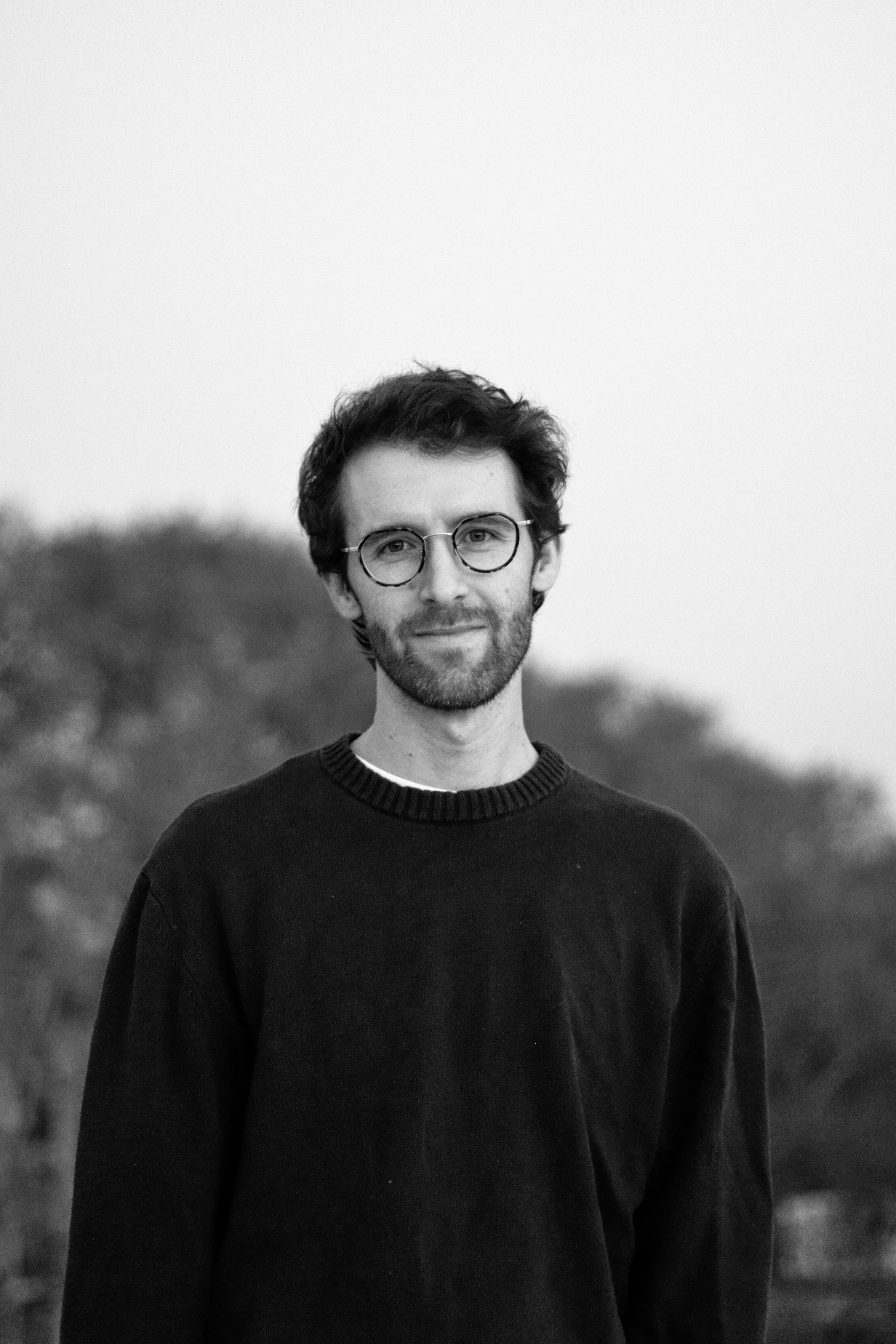
David Mann is an award-winning writer, editor and art critic from Johannesburg, South Africa, who writes at the intersections of art, architecture, performance, and fiction. He currently works as the writer for the arts incubator The Centre for the Less Good Idea, and writes about art and performance for a number of local and international publications as well as independent artists and organisations. His debut collection of short fiction, Once Removed, is published by Botsotso Publishing. In 2024 he was awarded the Thomas Pringle Short Story Prize for his story ‘Meaningful Contributions’.
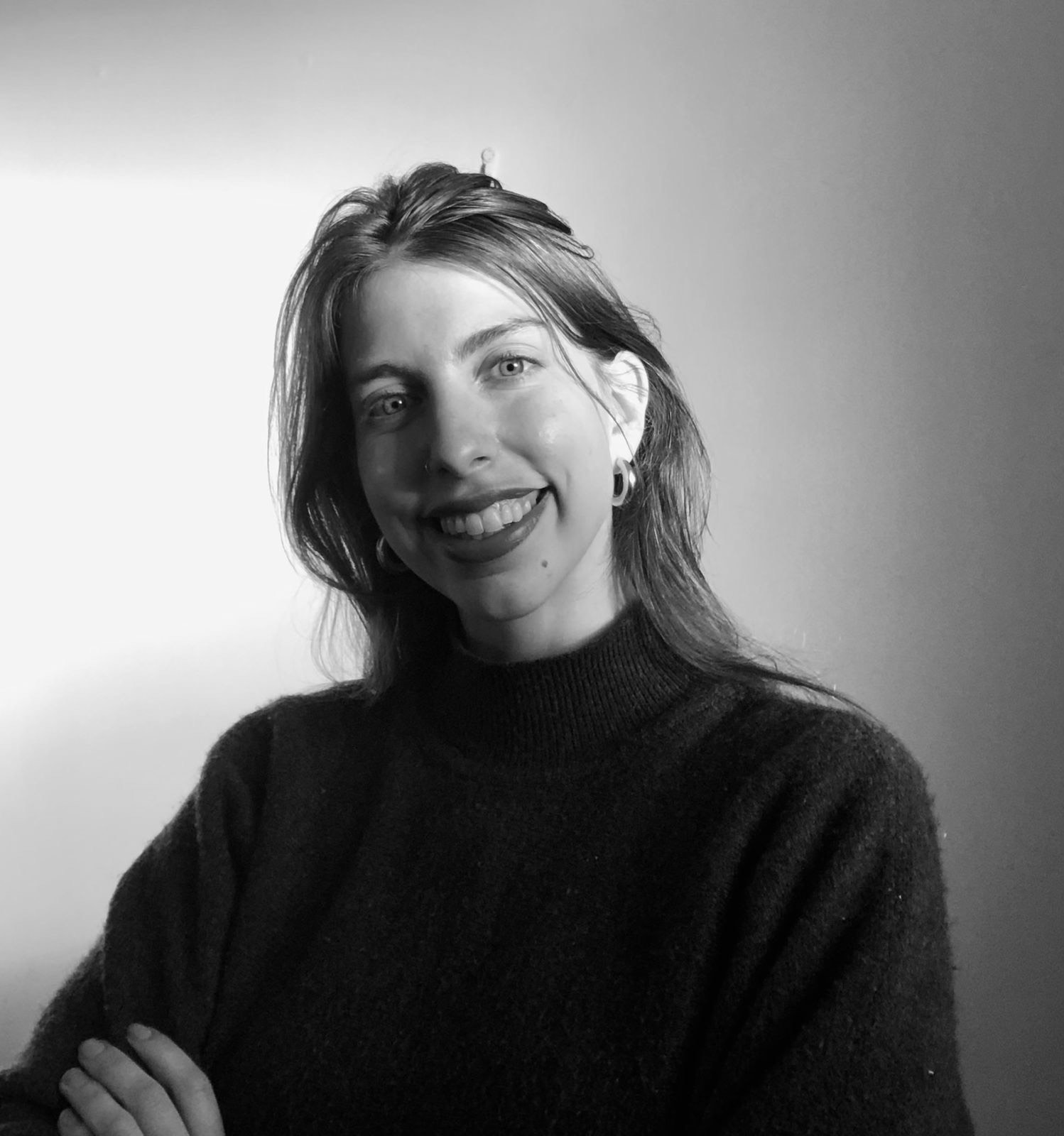
Bárbara Rousseaux is an Argentine economist and writer. Throughout her career, Bárbara has coordinated several cultural projects, human rights initiatives, and worked as an arts journalist. She currently works at the Joburg Contemporary Art Foundation (JCAF) as Project Manager for Latin America and Managing Editor for the JCAF Journal. Bárbara is also the co-founder of drift, a literary agency that represents African authors in Latin America and Spain. Her texts on contemporary art, film and politics have been published by Africa is a Country, Sunday Times, Mail & Guardian, Le Quotidien de l’Art, ArtThrob and others.
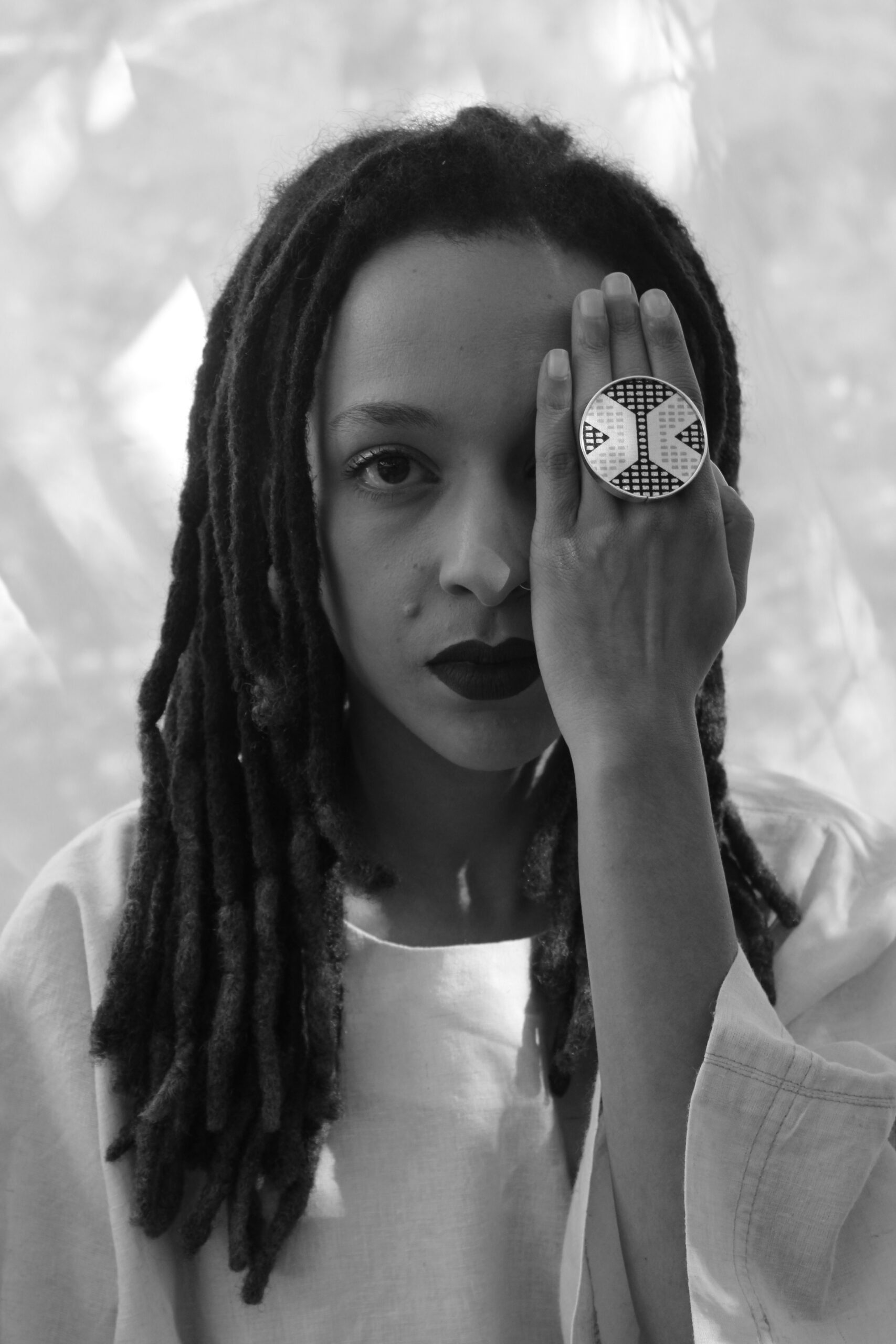
Christa Dee is a Johannesburg-based writer with a background in Anthropology. Over her nearly decade-long career within the creative sector she has led on and contributed to writing projects and public programming for individual practices and large-scale organisations. This includes, among other, holding the role of Editor at Bubblegum Club, Content & Online Public Programme Manager for Goodman Gallery’s special project SOUTH SOUTH, as well as her current role of Communications and Press Lead for the gallery. Christa has also written for local and international publications including Mail & Guardian, ArtThrob, Contemporary And, FOAM and others.
